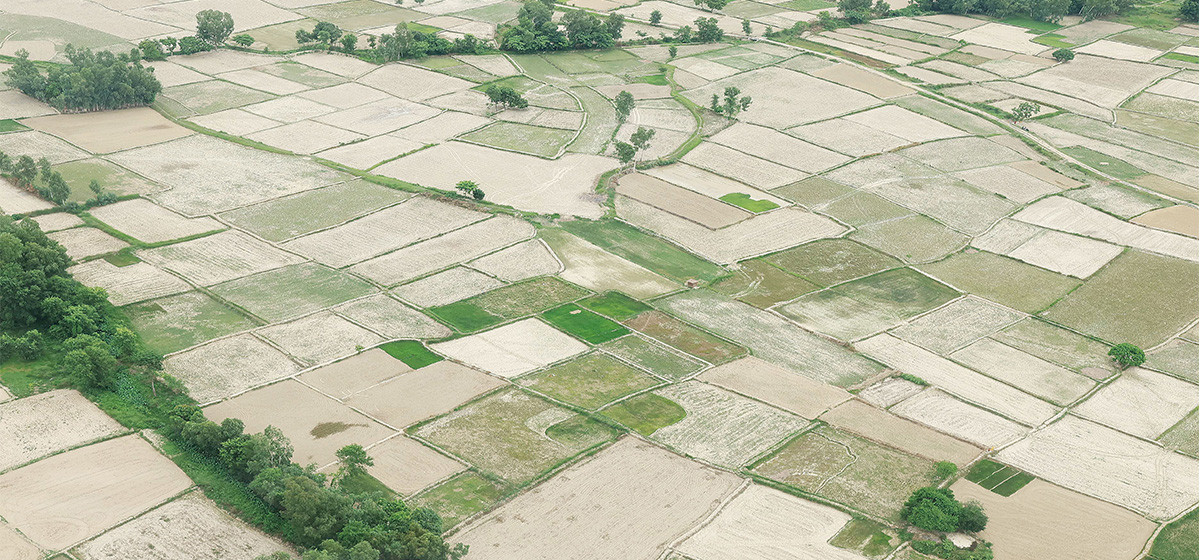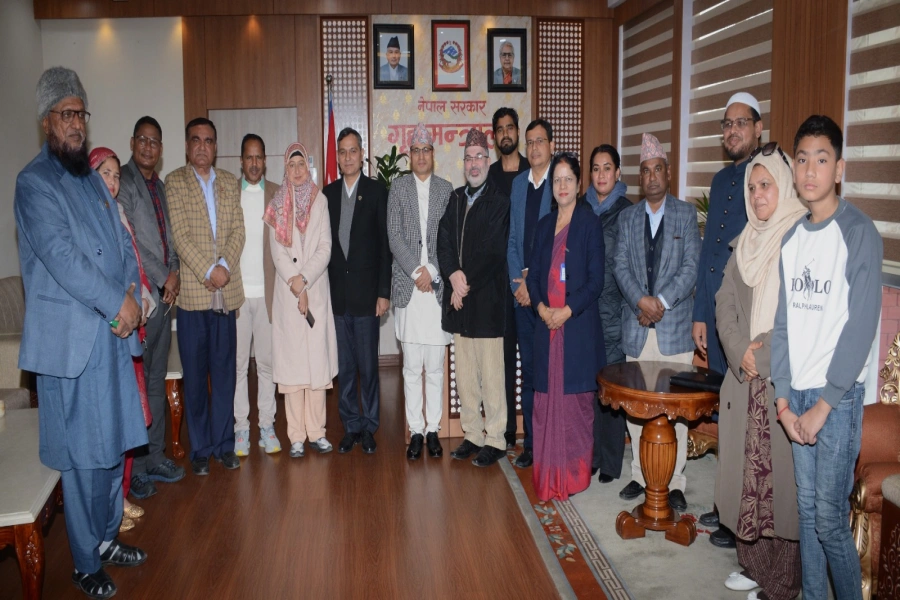Our rivers, forests, and mountains are more than just picturesque landscapes— they are the foundation of our livelihoods. Agriculture, hydropower, and tourism, the pillars of our economy, all depend on the bounty of our natural surroundings. But while nature has blessed us, it has also left us vulnerable.
Our rivers, forests, and mountains are more than just picturesque landscapes—they are the foundation of our livelihoods. Agriculture, hydropower, and tourism, the pillars of our economy, all depend on the bounty of our natural surroundings. But while nature has blessed us, it has also left us vulnerable. With flash floods, landslides, glacial lake outburst floods, and increasingly unpredictable weather, especially during monsoon season, the need for precise weather forecasts and effective early warning systems has never been more urgent.
Climate change is no longer a distant concern for Bhutan—it is here, shaping our daily lives. Glaciers are retreating at an alarming rate, glacial lakes are swelling, and our once-predictable monsoon rains have become erratic. For a nation committed to remaining carbon-neutral, these shifts pose a serious threat. This is why reliable weather forecasting and climate services aren’t just important; they are critical for our survival.
Food crisis looms large as drought hits Madhesh districts

The importance of early warning systems in disaster preparedness cannot be overstated. Our rugged terrain is highly susceptible to landslides and flash floods, where just a few hours of heavy rain can cut off entire communities, destroy vital infrastructure, and claim lives. When our people are warned in advance, they can evacuate, secure their homes, and safeguard their livestock and crops. A timely warning can be the difference between survival and tragedy.
Take hydropower, for instance. Our clean energy sector, which not only powers the nation but also generates significant revenue through exports, depends entirely on the steady flow of our rivers. Glacial melt and monsoon rains are critical to this balance. Any major disruption—whether from drought or excessive rainfall—could destabilise this crucial industry. With advanced climate services, we can better manage our water resources, ensure steady hydropower production and reduce economic risks.
Our agriculture sector, which sustains the majority of our population, also hinges on consistent weather patterns. A slight deviation in rainfall or temperature can devastate harvests, threatening food security across the nation. By providing farmers with localised weather forecasts, we enable them to make informed decisions about planting, irrigation, and harvesting, enhancing productivity and resilience.
Tourism, another backbone of our economy, is similarly dependent on favourable weather conditions. From high-altitude treks to cultural festivals, many of our key attractions require clear skies and predictable weather. With accurate forecasting, we can ensure tourists experience Bhutan’s beauty safely and continue to support the growth of this vital sector.
Weather forecasts and climate services are not mere conveniences—they are lifelines. As we face the growing challenges posed by climate change, we must continue investing in the technologies and systems that allow us to stay one step ahead. Preparedness is not just an option for Bhutan—it is the only path forward.
Source: Kuensel Online (Bhutan)







































